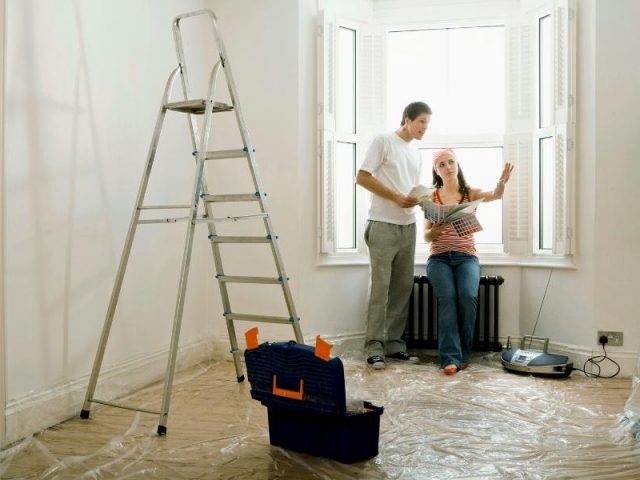Home renovation can be an enormously rewarding process. But it’s also something that can be costly and stressful – especially when things don’t go according to plan. In many cases, a great deal of pain can be avoided by being mindful of the common errors. Let’s take a look at five to watch out for.

Five Home Renovation Mistakes to Avoid
Not Budgeting

Every successful project will start with a budget. Get all of your planned expenses down on paper before you commit to the process. This budget should inform everything that you do throughout the project. Through it, you’ll be able to establish whether you’re spending too much (or too little) along the way.
Not Getting Planning Permission

A failure to obtain planning permission can undermine your project. You might be forced to restore the property to its previous condition, which means that, not only will your hard work be wasted, but you’ll face a hefty bill, too. If you aren’t expanding the footprint of your property, and the changes aren’t visible from the street, then you might be embarking on what is called a ‘permitted development’. For the avoidance of stress, it’s a good idea to check whether permission is needed before getting started.
Not Communicating Clearly

Depending on the complexity of the project, you might need to coordinate dozens of tradespeople. Making sure that they all understand their role, when they’re going to do the work, and how much they’ll be paid, is critical. Make sure that your communications are clear and unambiguous. In some cases, it might be worth hiring a project manager to oversee everything, and to act as a single point of communication for you.
Not Trusting Your Gut

There are some turning points in a project where your gut will tell you that a decision is right or wrong. Most of the time, your gut instinct is to be trusted. This might mean hiring (or not hiring) a particular tradesperson; or it might mean choosing porcelain tiles in the kitchen, rather than plastic ones. When you fail to trust your gut, the result is usually long-term regret. You’ll always have the nagging feeling that things aren’t quite all that they might be. Avoid this by trusting your gut.
Not Knowing When to DIY

You might have acquired some serious DIY skills over the years. But part of being an effective DIYer is knowing your limits. There are some jobs that should only be performed by professionals. If you’ve got your eye on a bespoke wardrobe, but you have only modest joinery skills, then it’s probably a good idea to bring in a fitted wardrobe specialist.
Plastering is notoriously difficult for those who haven’t put in the hours. If you’re dealing with gas or electrics, bringing in a suitably qualified tradesperson is a matter of safety.
